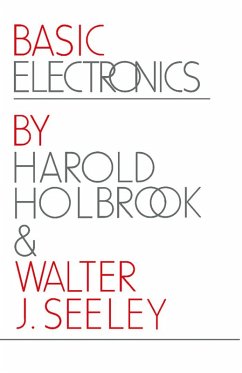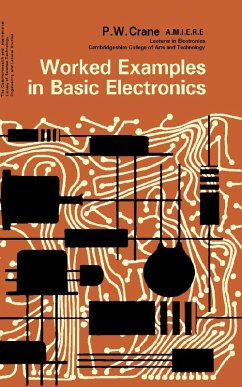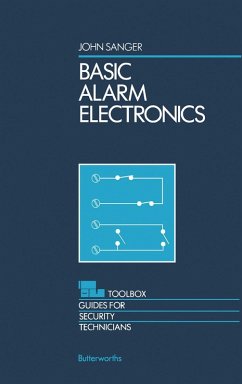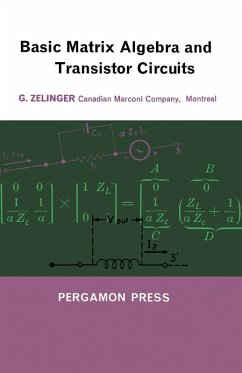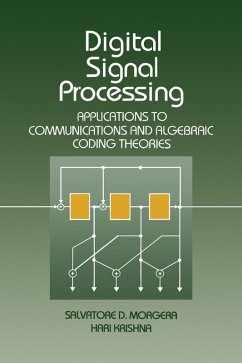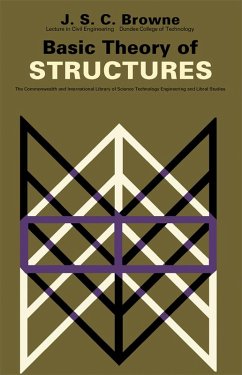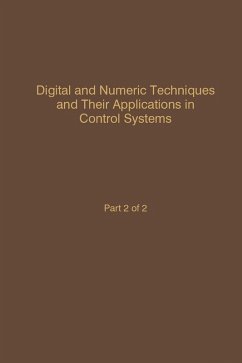
Basic Digital Signal Processing (eBook, PDF)
Butterworths Basic Series

PAYBACK Punkte
9 °P sammeln!
Basic Digital Signal Processing describes the principles of digital signal processing and experiments with BASIC programs involving the fast Fourier theorem (FFT). The book reviews the fundamentals of the BASIC program, continuous and discrete time signals including analog signals, Fourier analysis, discrete Fourier transform, signal energy, power. The text also explains digital signal processing involving digital filters, linear time-variant systems, discrete time unit impulse, discrete-time convolution, and the alternative structure for second order infinite impulse response (IIR) sections. ...
Basic Digital Signal Processing describes the principles of digital signal processing and experiments with BASIC programs involving the fast Fourier theorem (FFT). The book reviews the fundamentals of the BASIC program, continuous and discrete time signals including analog signals, Fourier analysis, discrete Fourier transform, signal energy, power. The text also explains digital signal processing involving digital filters, linear time-variant systems, discrete time unit impulse, discrete-time convolution, and the alternative structure for second order infinite impulse response (IIR) sections. The text notes the importance of the effects of analogue/digital interfaces, of the aspects such as sampling and quantization of the analogue input, as well as the reconstruction of an analogue output from the processed digital signal. Digital filter design consists of two separate operations: 1) approximation-the determination of a realizable system function from some idealized 'target'; and 2) realization-the formulation of a signal flow graph and its implementation in hardware or software. Digital signal processing employs the FFT, a number of efficient algorithms that compute the discrete Fourier transform and the inverse discrete Fourier transform. The programmer can run the FFT methods using some BASIC programs. The book can prove useful for programmers, computer engineers, computer technicians, and computer instructors dealing with many aspects of computers such as networking, engineering or design.
Dieser Download kann aus rechtlichen Gründen nur mit Rechnungsadresse in A, B, BG, CY, CZ, D, DK, EW, E, FIN, F, GR, HR, H, IRL, I, LT, L, LR, M, NL, PL, P, R, S, SLO, SK ausgeliefert werden.




